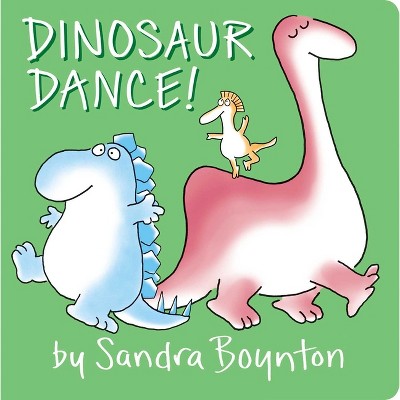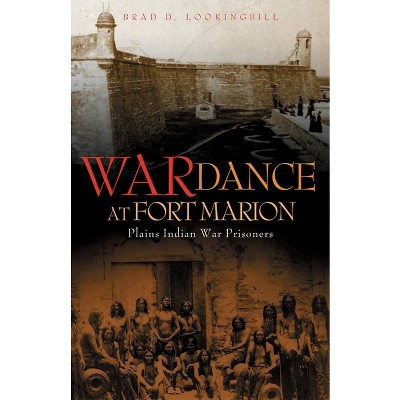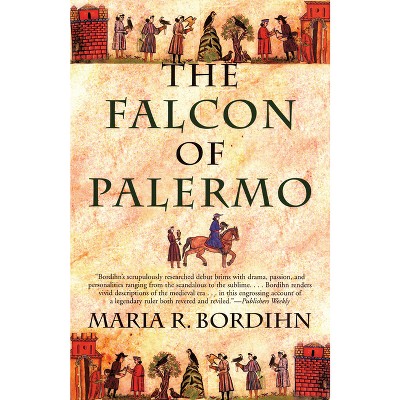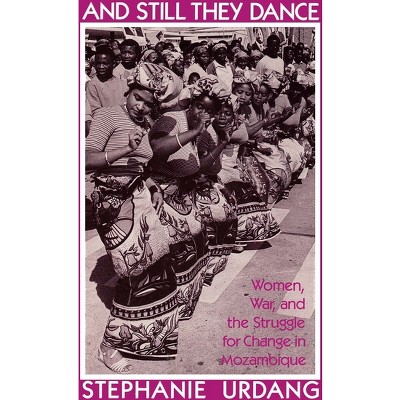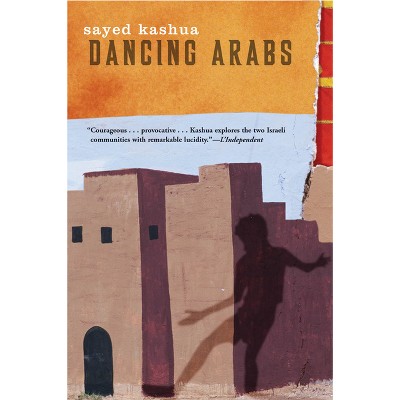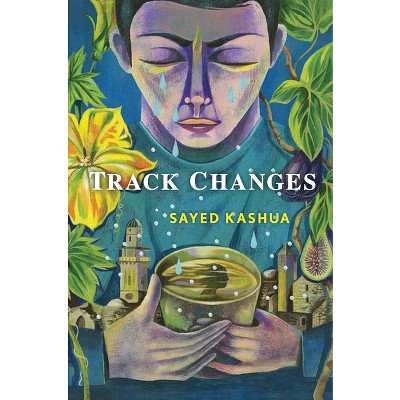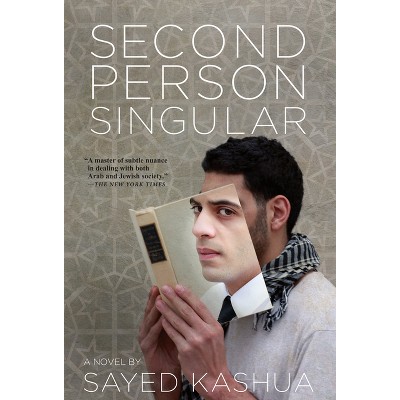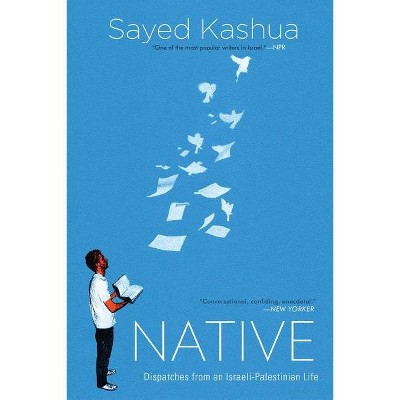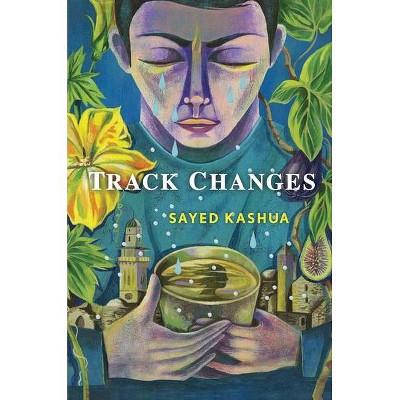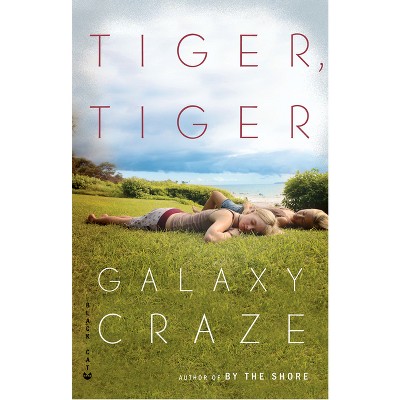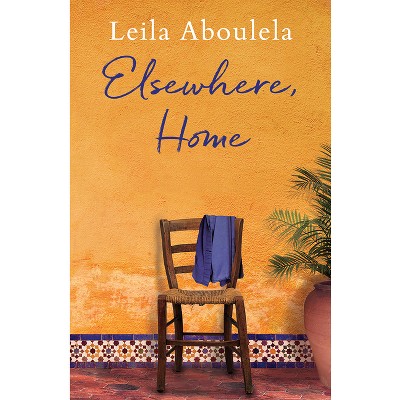About this item
Highlights
- Now a major motion picture from award-winning director Eran KolirinIn his searing new novel, the young Arab-Israeli writer Sayed Kashua introduces a disillusioned journalist who returns to his hometown, an Arab village within Israel, hoping to reclaim the simplicity of life among kin.
- International IMPAC Dublin Literary Award 2008 4th Winner
- About the Author: Sayed Kashua was born in 1975 in a village called Tira, in the Galilee, and went on to study at Hebrew University in Jerusalem.
- 288 Pages
- Fiction + Literature Genres, Literary
Description
About the Book
In his debut, "Dancing Arabs, " Sayed Kashua established himself as one of the most daring voices of the Middle East. In his searing new novel, a young Arab journalist returns to his hometown -- an Arab village within Israel -- where his already vexed sense of belonging is forced to crisis when the village becomes a pawn in the never-ending power struggle that is the Middle East. Hoping to reclaim the simplicity of life among kin, the prodigal son returns home to find that nothing is as he remembers: everything is smaller, the people are petty and provincial. But when Israeli tanks surround the village without warning or explanation, everyone inside is cut off from the outside world. As the situation grows increasingly dire, the village devolves into a Darwinian jungle, where paranoia quickly takes hold and threatens the community's fragile equilibrium.With the enduring moral and literary power of Camus and Orwell, "Let It Be Morning" offers an intimate, eye-opening portrait of the conflicted allegiances of the Israeli Arabs, proving once again that Sayed Kashua is a fearless, prophetic observer of a political and human quagmire that offers no easy answers.
Book Synopsis
Now a major motion picture from award-winning director Eran Kolirin
In his searing new novel, the young Arab-Israeli writer Sayed Kashua introduces a disillusioned journalist who returns to his hometown, an Arab village within Israel, hoping to reclaim the simplicity of life among kin. But the prodigal son returns to a place where the people are petty and provincial and everything is smaller than he remembers. When Israeli tanks surround the village without explanation, the community devolves into a Darwinian jungle, and the journalist and his family must negotiate the fault lines of a world on the brink of implosion. With the enduring moral and literary power of Albert Camus and George Orwell, Let It Be Morning proves Sayed Kashua to be a fearless, prophetic observer of a political and human quagmire that offers no easy answers.
Review Quotes
"It is a thicker, richer, more cynical and at he same time more imaginative book than Kashua's previous effort, which was already accomplished to start... A complicated study of betrayal... He spikes his novel with strong, pungent anecdotes and observations. Let It Be Morning is as much about humiliation, disappointment, fear, hope and fleeting moments of euphoric possibility as it is about Middle East politics... At times uproariously funny, at others wrenchingly poignant, Let It Be Morning is a queasy read, very much by design and very much worth the discomfort."-Kaelen Wilson-Goldie, Daily Star
"A haunting and highly-disturbing narrative... What makes the story flow as beautifully as the soft welcoming sounds of running water is its skilled structure and deep probing reflections...[You feel an] empathy that tugs and tears at the heartstrings. This story cannot be faulted. In its underlying description of truth where pain was pictured as real and raw, I found no shortcomings. None at all."-Suzan Abrams, Caféeacute; Arabica
"An intimate, eye-opening portrait of the conflicted allegiances of the Israeli Arabs, proving once again that Sayed Kashua is a fearless, prophetic observer of a political and human quagmire that offers no easy answers."--Pacific University Book Club
"Let It Be Morning offers a riveting study of human values collapsing under inhuman conditions, with unsuitable messiahs, or 'heroes of resistance', rising in the vacuum... Reminiscent of Orwell and Kafka along with Joseph Heller's Catch-22."--Maya Jaggi, The Guardian (UK)
"Sharp, powerful, and uncompromising... One of the most potent and impressive novels written in Hebrew in the last several years."--Ha'aretz (Israel)
Praise for Dancing Arabs:
"Books like this one, that tell the stories of war through the eyes of children, are the textbooks for future generations. They carry the cultural information, those memes that are missing from conventional, nonfiction accounts."--Susan Salter Reynolds, Los Angeles Times
"A bracingly candid lamentation... [that] stares unflinchingly at the many ugly realities on both sides of an eternal national crisis."--The Sun (Baltimore)
About the Author
Sayed Kashua was born in 1975 in a village called Tira, in the Galilee, and went on to study at Hebrew University in Jerusalem. He writes a weekly column for Ha'aretz, Israel's most prestigious newspaper. Kashua briefly moved back to his childhood village after growing disillusioned with life in Jerusalem, and it was at that time that the idea for this novel took shape. But after growing disenchanted with life there, he moved with his wife and two small children to Beit Safafa, another Arab village within Israel.

